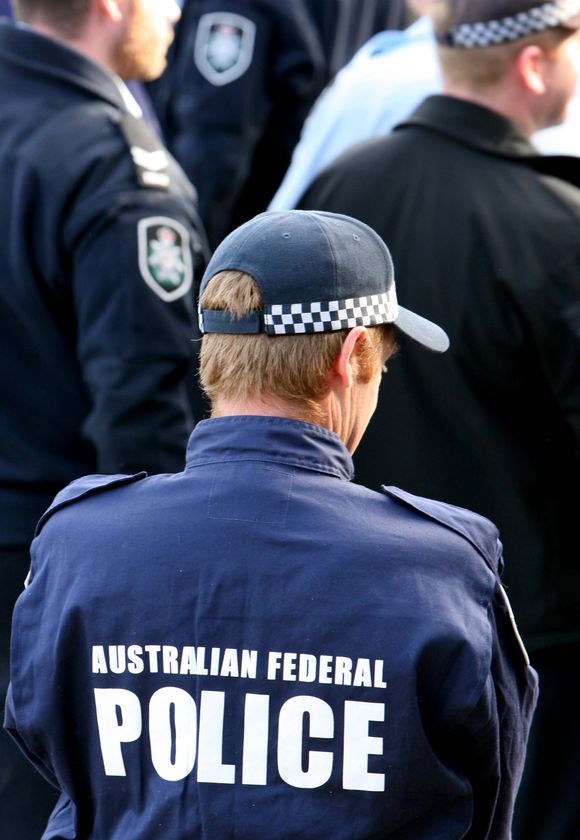AFP strike looms
 Federal police officers across Australia are poised to embark on industrial action.
Federal police officers across Australia are poised to embark on industrial action.
Strikes have ignited concerns about security at federal parliament, airports, and key political events.
The action is a response to what the Australian Federal Police Association (AFPA) describes as a “toxic” pay deal, which they claim fails to recognise the unique demands and dangers of their profession.
The impending strike, which could begin as early as next week, will see Australian Federal Police (AFP) officers withdraw from duties in critical locations, including Canberra Airport and the federal parliament during sitting weeks.
Politicians and political events will only be guarded if there is a “significant” threat rating, and officers will temporarily halt investigations into crimes related to the National Disability Insurance Scheme (NDIS) and the Australian Taxation Office (ATO).
The move follows a breakdown in pay negotiations after the federal government offered Commonwealth public servants, including AFP officers, an 11.2 per cent increase over three years, coupled with work-from-home provisions.
While the offer was accepted by other public servants, the AFPA argues that it is unsuitable for police officers who are unable to perform their duties remotely.
AFPA President Alex Caruana criticised the offer, stating that it places officers in the same category as desk job public servants, disregarding the unique challenges faced by the police.
“Work-from-home entitlements are useless to an AFP officer who cannot investigate international paedophile syndicates or take a bullet for the Prime Minister from home,” Mr Caruana said.
The dissatisfaction among AFP officers is palpable.
According to a survey conducted by the AFPA, six per cent of members indicated they would leave the force immediately if the current deal is enforced, while more than two-thirds expressed an intention to seek employment elsewhere.
Mr Caruana warned that uncompetitive wages and conditions could lead to an exodus of skilled officers to other sectors, including state police services, the public service, and the private sector.
Tasmanian Senator Jacqui Lambie has publicly supported the striking officers, criticising both AFP leadership and the Albanese government for their handling of the pay dispute. “Federal police have been under the pump for years,” Senator Lambie stated.
She called on the government to grant AFP officers a pay rise, arguing that the current pay deal fails to compensate for the risks they face daily.
Senator Lambie further warned that the government would be to blame if any incidents occurred during the strike.
She urged AFP Commissioner Reece Kershaw to “stand your ground for these men and women’.
The AFPA has signalled that the industrial action will be “extremely disruptive”, with the aim of sending a clear message to the government about the need for a more reasonable deal.
Mr Caruana reiterated that AFP officers “deal with the worst of humanity”, and the stress and trauma of the job are not adequately compensated under the current offer.
Federal MPs and senators were notified of the planned strike on Sunday.
The government, however, remains confident that the AFP will continue to protect MPs and maintain safety at Parliament House.
A spokesperson for Attorney-General Mark Dreyfus said; “The government deeply values the important work that AFP officers do every day to keep our community safe’.
The AFPA is calling for a revised pay proposal that better reflects the unique demands of policing.
Mr Caruana noted that the association is seeking a pay increase of “around 20 per cent plus the allowances that we have already negotiated”.








 Print
Print